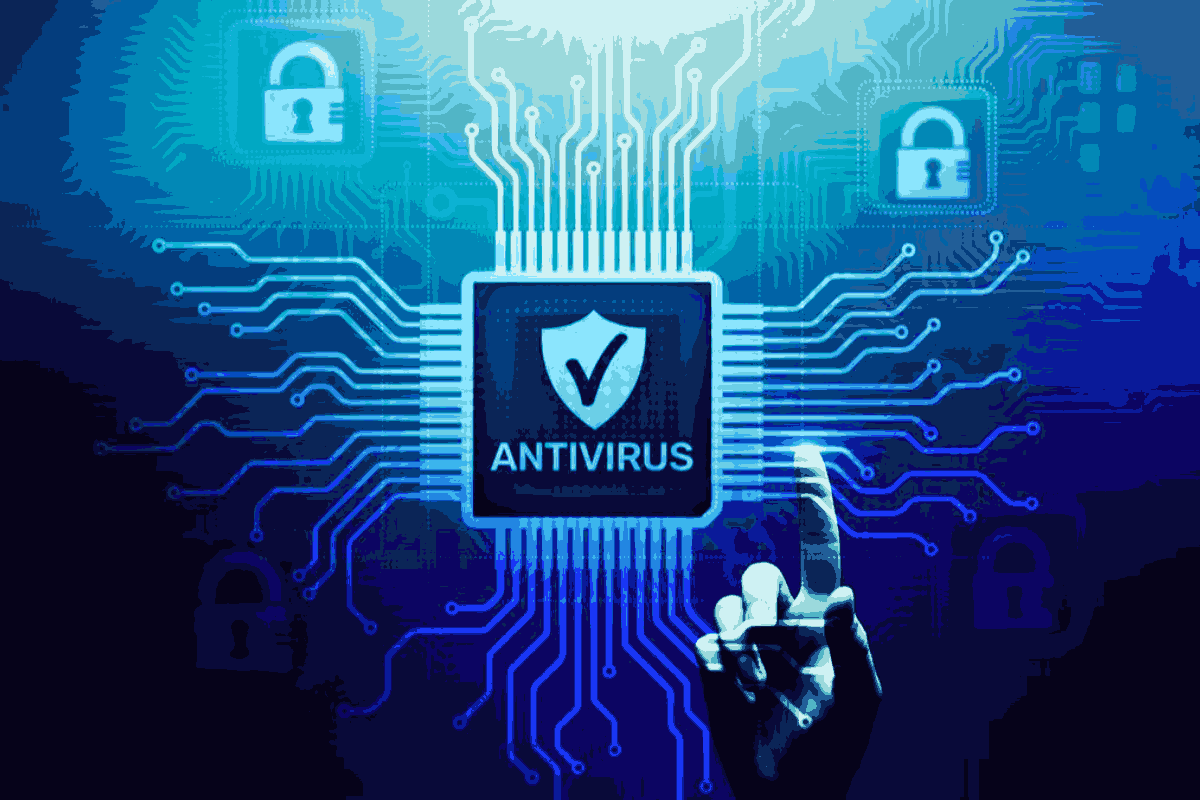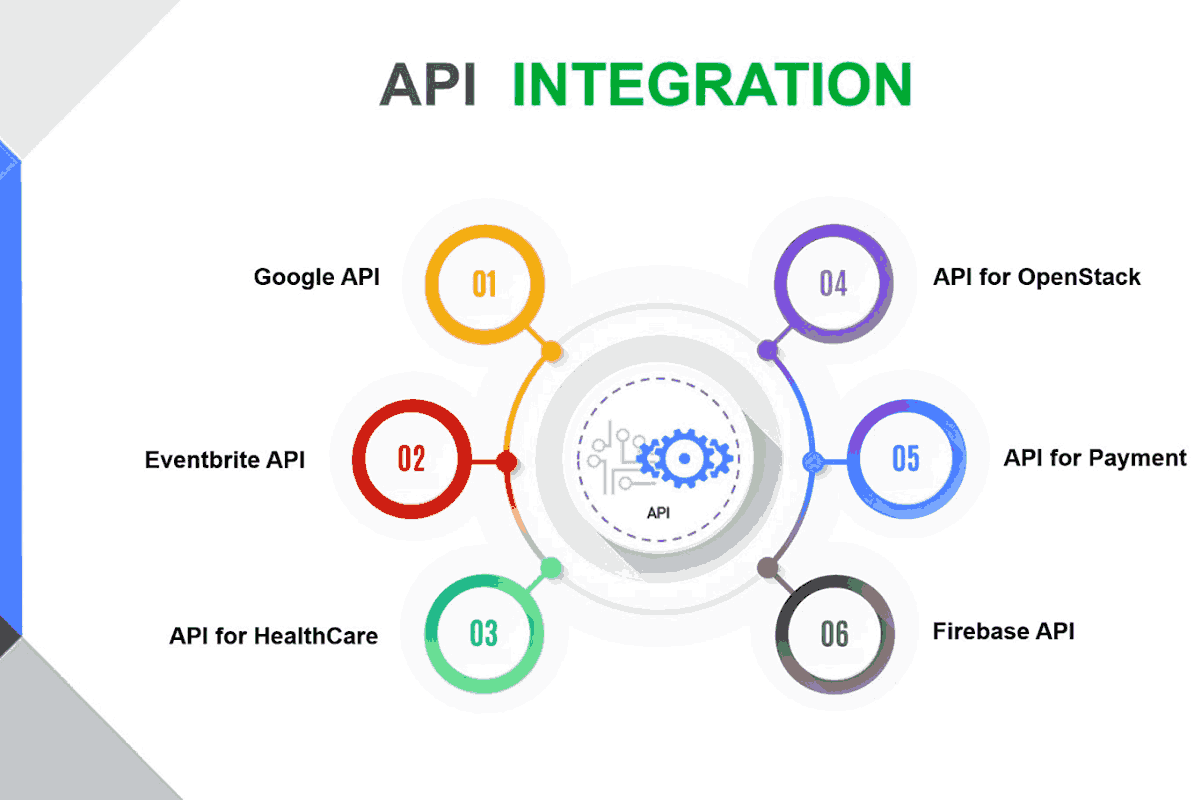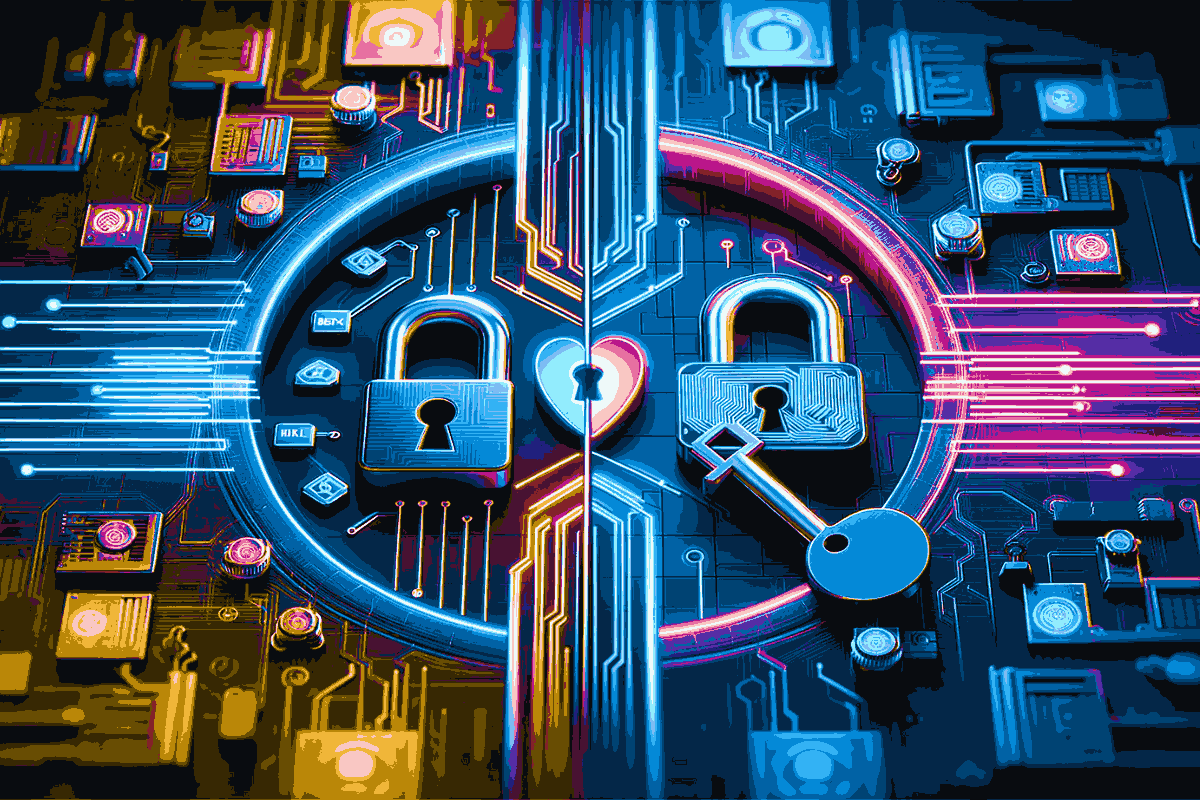
If you're interested in a career in cybersecurity, you should know that there are always new things to learn since the sector is always developing. The public and military sectors, commercial business, and educational institutions are the three primary places where cybersecurity experts are employed. However, we'll also discuss the various subfields that exist inside these larger categories. Read on to learn about the many career paths available in the field of cybersecurity.
Virus Analysis as a Career Path
Malware Analysis refers to the steps used in cybersecurity to detect malicious software and comprehend its actions. Examining the compiled machine language, or bytecode, from a high-level programming language like C++ or Java is necessary. Static analysis, which examines the code without running it, is the most prevalent technique. Dynamic analysis, also known as runtime analysis, is another technique that uses real-time monitoring of computer programmes to detect abnormal behaviour.
A Malware Analyst's preference between static and dynamic analysis will vary based on the nature of the investigation and the available time.
How Do We Define Cybersecurity?
A cyber assault may be avoided by measures taken to ensure cyber security. Firewalls and anti-virus programmes are only two examples of the many tools at your disposal. Cybersecurity professionals are the common term for those who operate in this field. Ethical hackers and forensics analysts are only two of the numerous possible careers for these individuals.
STEM Discipline Focusing on Reverse Engineering
Regarding Cyber Safety There is a job out there for you in the reverse engineering world, and it involves deciphering malicious software. Malware, or malicious software, is software intended to harm a computer system or steal data from it. Its potential uses range from espionage and industrial disruption to outright terrorist attacks. Malware is classified as both a computer virus and an electronic weapon by the US Department of Homeland Security. Adware, worms, trojans, spyware, keyloggers, and ransomware are just few of the various forms of malware that may infect a computer. Working knowledge of these kinds and their operation is essential in this line of work, since it will allow you to spot them on a system if and when they appear.
Cybersecurity for Web Applications
Learn more about the many disciplines that contribute to web application security in the Cybersecurity Web Application Security Section. There is a wide variety of occupations and titles from which to choose, such as:
The job of a network engineer is to set up a computer so that it can exchange data with other computers. They are also responsible for monitoring system traffic. These engineers guarantee the privacy and integrity of any information passing via their networks.
The role requires at least a 2-year degree or vocational training.
Security analysts are experts that conduct in-depth analyses of networks and systems with the use of specialised software to identify potential points of entry for hackers. This role calls for a minimum of a bachelor's degree.
Privacy on the Go
Mobile security is a growing subfield in cyber security. Hackers are always on the lookout for new entry points to your computer system in order to steal sensitive information. Since they are aware that most people save a lot of private data on their mobile devices, they take extra precautions to prevent access to it. You don't need to be a hacker to access someone else's information; all you need is a vulnerable gadget and open internet connection. Anti-virus software is highly recommended for use on mobile devices. If you're using an Android device, I recommend either ESET Mobile Security or Avast SecureLine. Lookout and Bitdefender are two excellent security apps for iPhones. Two-factor authentication, however, may be the strongest protection against cybercriminals. When accessing your account from a new device, you'll need to enter both your password and a second secret code. Password security is another important aspect in preventing hacking. Passwords should be at least 8 characters in length, ideally include both alphanumeric characters and special characters such as numerals and symbols. Additionally, phishing assaults are on the rise: Don't open attachments or click on links in emails from unknown senders; these sites may be trying to steal your personal information. You may earn a respectable living in the mobile security industry by providing valuable services to others or by acting as an ethical hacker and returning data that has been illegally obtained from others.
Security in the Clouds
The Cloud Security Field within Cybersecurity is now the most in-demand speciality in the industry.
In this role, you'll be responsible for ensuring the safety of your company's data when it's stored with third-party cloud providers.
Companies who are serious about keeping their data safe from hackers and other malicious actors need to collaborate with this area and employ experts in the subject.
An individual working in this profession should have a fundamental familiarity with the inner workings of networks, the latest in security best practises, a firm grasp of risk assessment, and so on.
In order to work in this field, you need to get credentials by taking and passing examinations and certifications like CISSP and CCNA.
Cybersecurity for Industrial Control Systems and Supervisory Control and Data Acquisition
You can protect industrial control systems and supervisory control and data acquisition systems (ICS/SCADA) if you have a career in Cybersecurity. The generation of electricity, the refining of oil, and the production of industrial chemicals are just a few examples of the processes and activities that rely on ICS, or industrial control systems. Supervisory Control and Data Acquisition is an acronym for something which does just that. Power plants, gas distribution networks, and chemical processing facilities are just some of the massive facilities that SCADA systems are responsible for managing. Our job as ICS/SCADA security experts is to protect these systems from cyberattacks that might lead to real-world harm or even death. To guarantee the security of these systems, we often engage with Industrial Controls Engineers to develop their network designs.
Cryptography
Codes are used in cryptography to encode data so that it can't be deciphered by anybody without the appropriate key (for example, the key). Secret communications have been coded from antiquity till now. Messages sent through text or any other kind of digital information may be encoded. Mathematical methods may be utilised for both code-breaking and code-making. In other words, if you have a head for numbers and like a challenge, this is the job for you. If you have a genuine passion for coding and thrive while solving complex challenges, this is the position for you! Defending Computer Networks: A network security engineer protects computers against threats including spam emails, DDOS assaults, malware, viruses, worms, Trojan horses, and more. Firewalls, vulnerability scans, and data backups are just some of the tasks on which network engineers regularly collaborate with their IT counterparts. This is an excellent profession option if you like working with computers and networking systems.
Activities of the Red Team
Red Team Operations is a subfield of cryptography in which practitioners assume the role of an adversarial actor, often a hacker. Penetration Testing, Vulnerability Assessment, Security Education, and Capture the Flag are the four primary subsets of this assault (Capture The Flag). The goal of any Penetration Test is to identify weak points in the defences that might be exploited by an attacker to gain unauthorised access to the network and launch an attack. A Vulnerability Assessment is similar to a one-time check for security flaws in your infrastructure. Users may learn more about cyber risks and how to defend themselves with the aid of security training. Anyone may participate in a CTF, and teams compete by breaking into each other's servers to steal flags. All those interested in cyber security should investigate the many career options presented here
.
Security in the Body
Most employers in the physical security industry prefer candidates with master's degrees. Some examples of possible training include: security camera installation and operation; site evaluation; business continuity planning; and emergency management. Some jobs just need a bachelor's degree, but most will require either substantial work experience or a graduate degree in a relevant field.
Keywords:
- Mobile security
- Cryptography
- Red Team
- Different Fields in Cybersecurity
- Career Options in Cybersecurity
- Shuronjit.com











Leave a comment